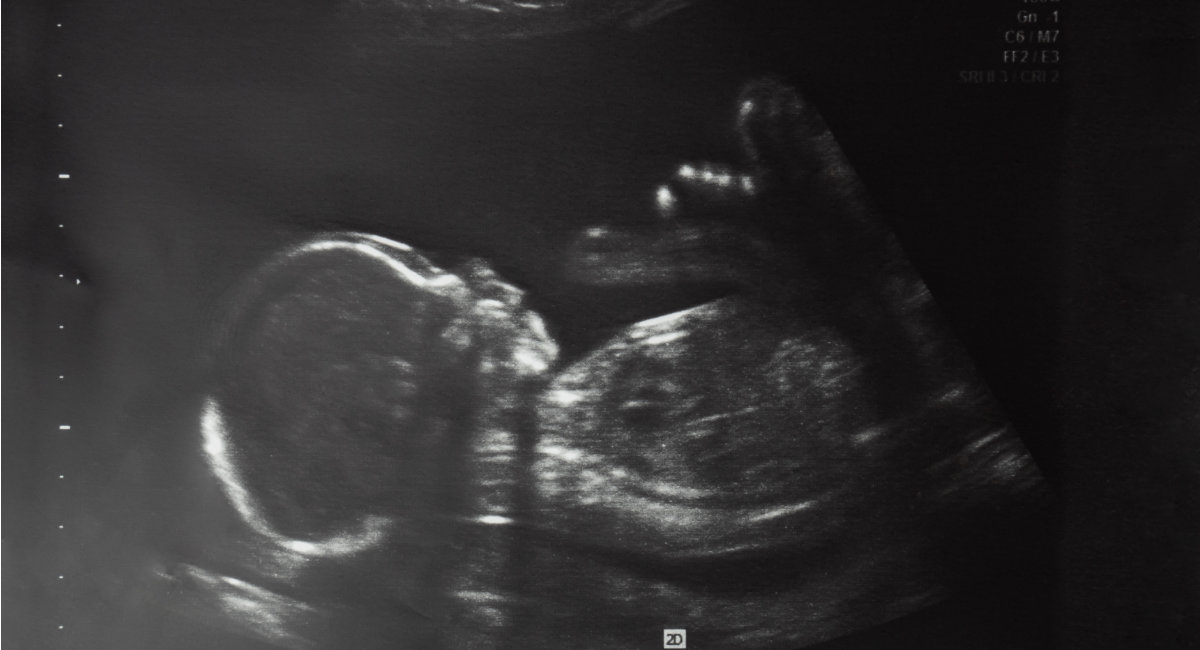The European Court of Human Rights on Thursday ruled that a Polish court that denied a woman an abortion violated the woman’s right to privacy. The woman appears to have only wanted an abortion because her baby had received a prenatal diagnosis of Down syndrome.
In 2020, Poland’s constitutional court approved a constitutional amendment to protect children with health conditions from eugenic abortions like the one this woman sought. Therefore, the woman was prevented from killing her baby in Poland and instead traveled to a different country in order to have her baby killed. The Court ruled that this amendment violated the woman’s right to private and family life, but also ruled that it did not legally amount to “inhuman or degrading treatment.”
Poland was ordered to pay the woman €16,004 in damages.
Warning: Disturbing image below.
The woman, known as ML in court documents, became pregnant in 2020, and at 14 weeks gestation, her baby was diagnosed with Down syndrome. The woman then scheduled an abortion for January 28, 2021. Just one day before her scheduled abortion, however, Poland’s constitutional amendment prohibiting abortions on “eugenic grounds” took effect and her abortion was canceled. She traveled to the Netherlands where she had an abortion on January 29.
From 14 weeks throughout the second trimester, the most common abortion procedure used is a D&E dismemberment abortion in which the abortionist tears the child’s limbs from her body before crushing her skull.
Abortionists have commented on the brutality of the procedure, including Marc Heller, who said in his book, “I experience a mixture of horror and relief when I crush the skull of a second-trimester fetus, knowing that I will be able to safely complete the procedure, but also I will see the squashed face and bulging eyes of the baby I just killed.”

Baby Holly was dismembered by a D&E abortion in a Washington DC abortion facility. Photo courtesy of Progressive Anti-Abortion Uprising.
The Court, which should protect human rights as its name implies, has now failed to protect the right to life for children with disabilities, ultimately determining that they are better off dead than born.
Federa, a Polish woman’s rights organization with attorneys representing the woman, celebrated the Court’s ruling in a statement, calling it a “milestone” but saying that abortion must be allowed on demand, and for any reason.
“We expect the new Polish government to liberalise abortion law,” said Federa. “A return to the legal situation before the ruling of the Polish constitutional court is not enough — what is needed is access to legal abortion regardless of the reason.”







